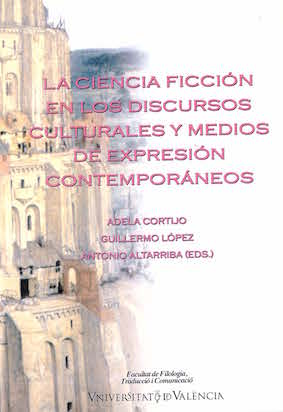Presentación
DOI:
https://doi.org/10.7203/qf-elit.v14i0.4000Keywords:
Literature, Science Fiction Abstract
Abstract
Science fiction is often presented, from a critical perspective, as a protean and slippery genre, difficult to deal with. This may be due to the fact that this genre comprises a series of problems, issues and codes that are treated moderately or radically by the different sub-genres; and also because the definition and genre demilititation of science fiction has traditionally been rather controversial.
From the conflict that is caused by separating 20th century science fiction from the 19th century Anticipation or from neighbouring genres such as Fantasy and the Fantastic, to the dilemmas present in the majority of the theoretical studies on whether to include (or not) what some researchers have called "Proto Science Fiction", that is: the allusions to the origins, to the Greek, to Luciano or to Cyrano de Bergerac, in search, probably, of more noble origins. Or else, to circunscribe or regard how a continuation of the so-called "Primitive Science Fiction" of the late 19th century manifested in Julius Verne or H.G. Wells, and the dispute to consider these two authors as predecesors of the genre.
 Downloads
Downloads
Downloads
How to Cite
-
Abstract392
-
PDF (Español)86
Issue
Section
License
 Este obra está bajo una licencia de Creative Commons Reconocimiento-NoComercial-SinObraDerivada 4.0 Internacional.
Este obra está bajo una licencia de Creative Commons Reconocimiento-NoComercial-SinObraDerivada 4.0 Internacional.
Authors who publish with this journal agree to the following terms:
- Authors retain copyright and grant the journal right of first publication with the work simultaneously licensed under a Creative Commons Attribution License that allows others to share the work with an acknowledgement of the work's authorship and initial publication in this journal.
- Authors are able to enter into separate, additional contractual arrangements for the non-exclusive distribution of the journal's published version of the work (e.g., post it to an institutional repository or publish it in a book), with an acknowledgement of its initial publication in this journal.
- Authors are permitted and encouraged to post their work online (e.g., in institutional repositories or on their website) prior to and during the submission process, as it can lead to productive exchanges, as well as earlier and greater citation of published work (See The Effect of Open Access).




